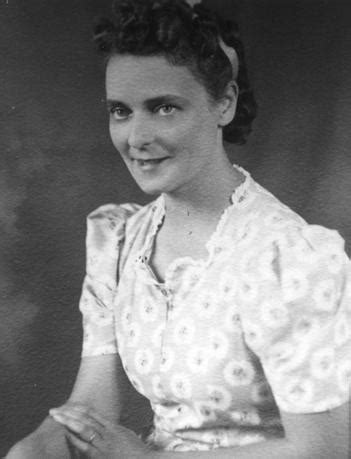A Quote by Elie Wiesel
Except that a human being is both the public and the private. We are both, private and public in the same person.
Related Quotes
For such will be our ruin if you, in the immensity of your public abstractions, forget the private figure, or if we in the intensity of our private emotions forget the public world. Both houses will be ruined, the public and the private, the material and the spiritual, for they are inseparably connected.
Public virtue cannot exist in a nation without private, and public virtue is the only foundation of republics. There must be a positive passion for the public good, the public interest, honour, power and glory, established in the minds of the people, or there can be no republican government, nor any real liberty: and this public passion must be superiour to all private passions.






































